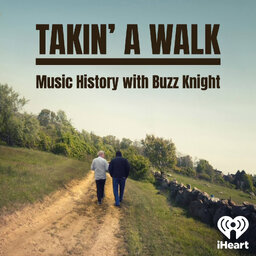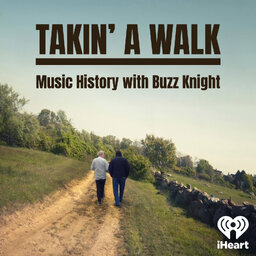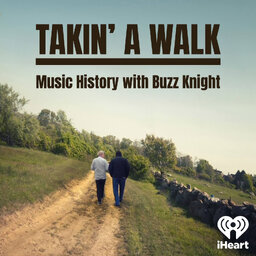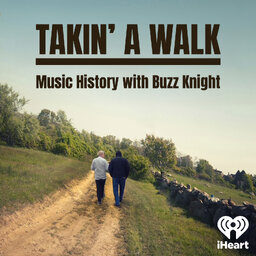Mickey Stevenson: Motown Records A and R Man-Music History
Mickey Stevenson worked for Berry Gordy from Motown Records and was responsible for signing the biggest names from that era, Steve Wonder, The Supremes, The Temptations, The Four Tops, Martha Reeves, Marvin Gaye and others.
In 1 playlist(s)
Takin' A Walk - Music History with Buzz Knight
On the Takin’ A Walk-Music History Podcast, Buzz Knight goes deep with American music’s most iconic …Social links
Follow podcast
Recent clips

"Celebrating Timeless Rhymes: De La Soul's The Grind Date Turns 20"-Hip Hop Music History-Best Musician Interview Podcast Replay
32:24

Join Buzz Knight and Peter Wolf on a Walk Through Music History, Personal Stories, and Legendary Artist Encounters-Replay-Best Music Podcast
40:31

Join Buzz Knight and C. J. Chenier as They Explore the Rich Legacy of Clifton Chenier and Zydeco Music
23:25
 Takin' A Walk - Music History with Buzz Knight
Takin' A Walk - Music History with Buzz Knight